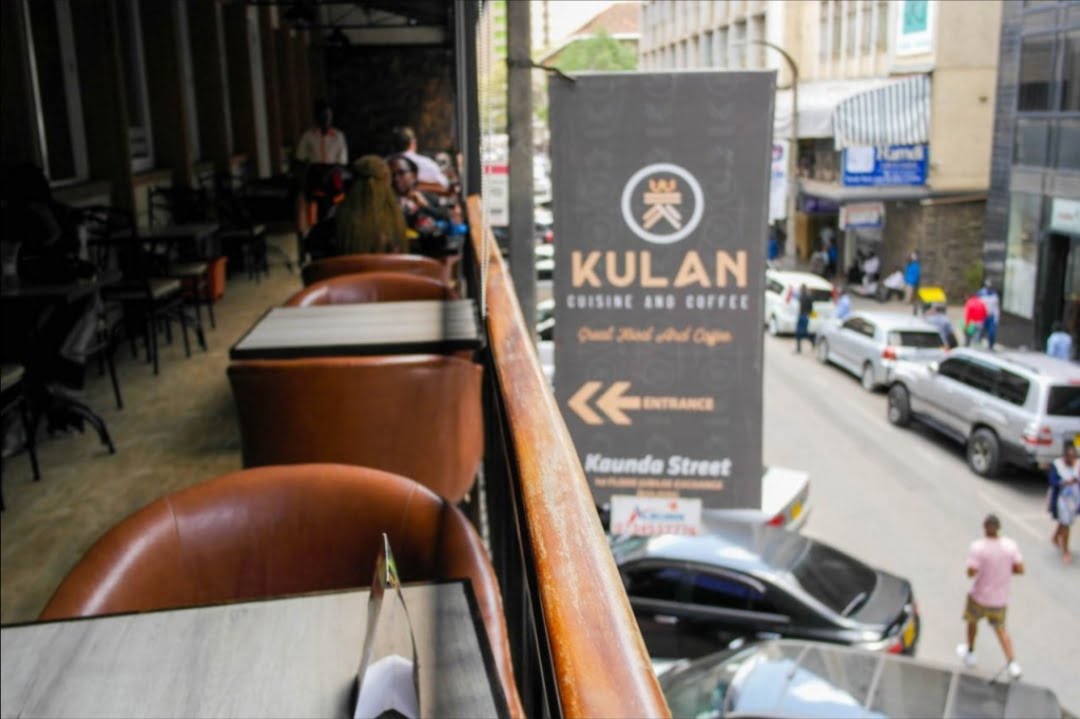IPOA Lists Victims of Alleged Police Brutality in Gen Z Protests Following Explosive BBC Documentary
In a powerful shift toward transparency and justice, Kenya’s Independent Policing Oversight Authority (IPOA) has officially released a list of victims allegedly killed or injured by police during the 2024 Gen Z-led protests.
This move follows mounting pressure ignited by the BBC Africa Eye documentary “Blood Parliament.”
Indeed, which has laid bare the excessive use of force by security agencies during the nationwide demonstrations.

A Nation Gripped by Grief and Questions
The 2024 Gen Z protests were a defining moment in Kenya’s democratic landscape.
Sparked by youth discontent over governance, unemployment, and economic frustration, the protests swept across major cities.
What started as peaceful demonstrations turned tragic when clashes between protesters and security forces intensified.
The “Blood Parliament” documentary by BBC Africa Eye used forensic analysis of more than 5,000 images and videos to reconstruct what happened, with specific focus on the events of June 25, 2024.
That day, several young demonstrators were shot outside the gates of Parliament during a protest march.
The documentary identified uniformed personnel allegedly involved in the shootings, bringing renewed focus on police accountability.
IPOA’s Investigation: A Grim Tally of Death and Injury
Following the release of the documentary, IPOA disclosed that at least 60 protestors had died, mostly from gunshot wounds.
Among the fatalities was 27-year-old Eric Shieni, a finance student whose last moments were captured in the BBC documentary.
Status Update on IPOA Investigations Into the Conduct of Police Officers During the 2024 Anti-Finance Bill Mass Demonstrations. ^EM pic.twitter.com/bQtqmAjBpZ
— IPOA (@IPOA_KE) April 28, 2025
Nairobi, Kisumu, Kakamega, and Eldoret were reported as hotspots, with Nairobi alone accounting for nearly 50% of all protest-related deaths.
In a detailed statement, IPOA confirmed:
22 cases have been fully investigated and are under legal review.
36 additional deaths remain under active investigation.
191 protest-related injuries have also been documented, some leading to permanent disability.
Despite challenges such as non-cooperation by some law enforcement officers, IPOA vowed to pursue each case independently and ensure the rule of law is upheld.
Public Uproar and Political Divisions
The revelations have sent shockwaves across the country.
Human rights groups, including Amnesty International Kenya and Haki Africa, have condemned the brutality and are demanding the arrest and prosecution of officers involved.
On the other hand, some political leaders have questioned the documentary’s intent.
Homa Bay MP Peter Kaluma called for the revocation of the BBC’s operating license in Kenya, accusing the broadcaster of attempting to destabilize the country.
Yet for many Kenyans, especially the youth, the documentary and IPOA’s disclosures have validated their pain — a painful reminder that their voices, though peaceful, were met with bullets.
Why This Matters
This moment represents a critical inflection point in Kenya’s relationship with law enforcement and protest rights.
The IPOA’s role is now under a national microscope, and its ability to follow through with prosecutions will be seen as a measure of Kenya’s commitment to justice and reform.
It also raises key questions:
Can future protests be protected and policed peacefully?
Will systemic reforms be enacted to curb police excesses?
What accountability mechanisms exist for the military, which is not under IPOA’s direct oversight?
Conclusion
The IPOA’s decision to name victims and acknowledge the scope of police brutality is a historic step toward justice.
It reflects growing momentum for accountability in Kenya — driven by youth, civil society, and independent media.
Whether these steps will lead to lasting reform remains to be seen, but for the families of victims, public recognition is the beginning of closure.
As the nation awaits further developments, this moment stands as a reminder of the power of protest, the risks of unchecked authority, and the enduring demand for justice.
ALSO READ: Political Rivals No More? Ruto Taps Raila’s Nephew for Special Advisor on Economic Empowerment











































